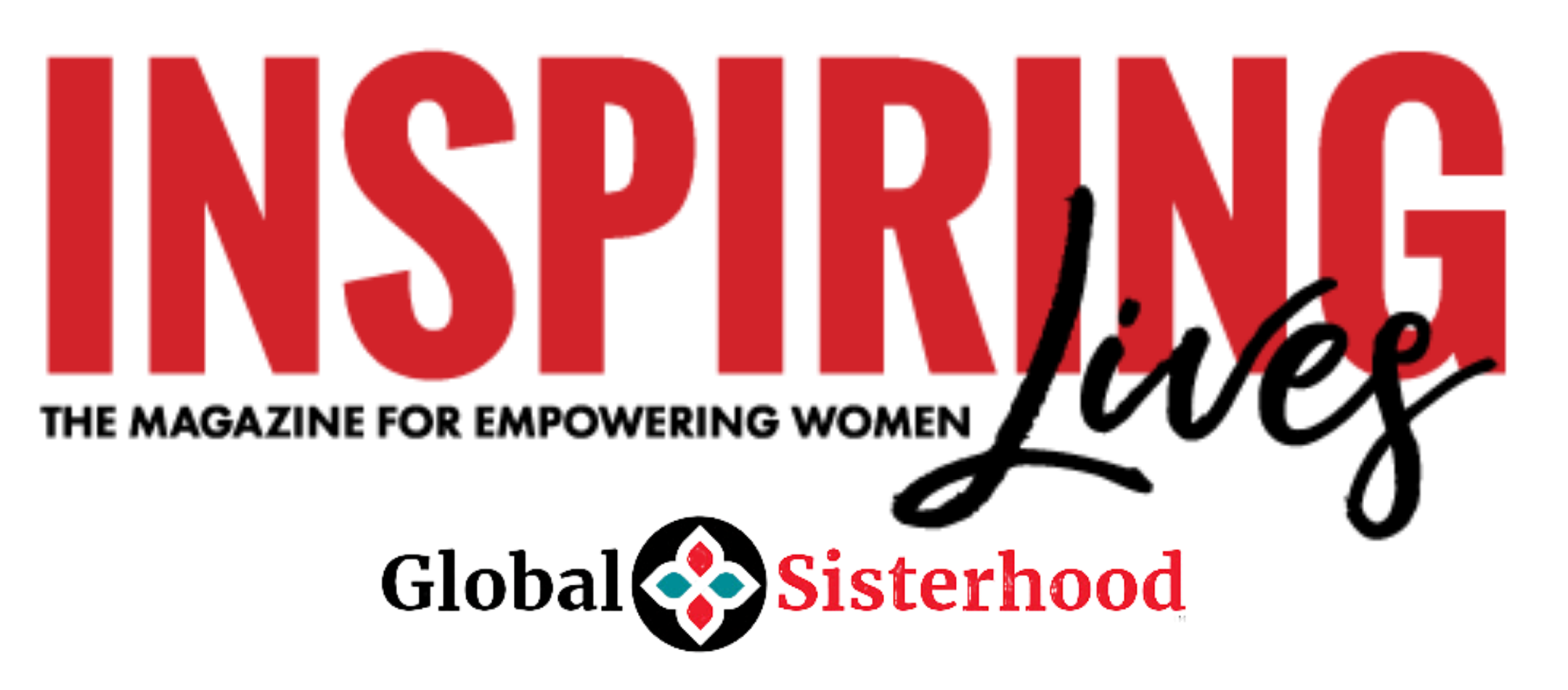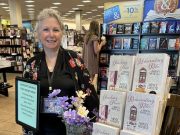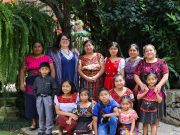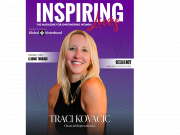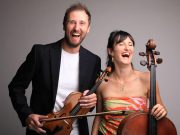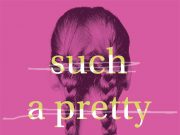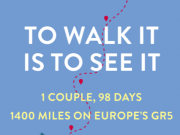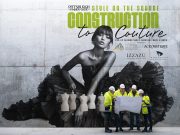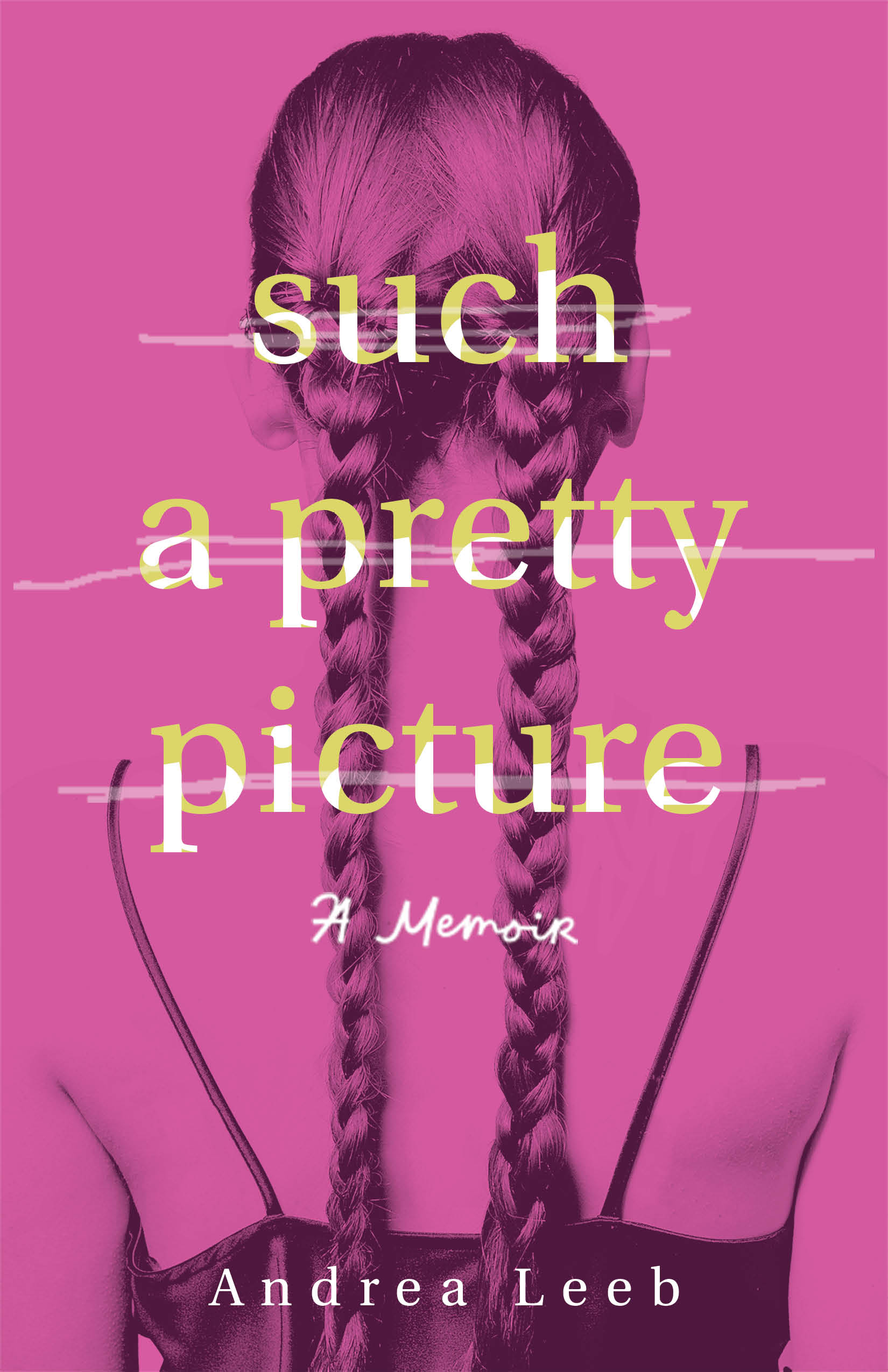I never intended to write about my childhood. It wasn’t until my father’s death which coincided with the #MeToo movement that I began to put my story onto paper. I realized then that sharing my story could help other survivors feel less alone. I remembered how crucial reclaiming my agency and my voice was in the process of my recovery. I knew the only way for me to honor my recovery and help other survivors find their way to their own was to tell my story as a memoir.
People often ask if I wrote Such A Pretty Picture, “to heal.” By the time I started writing I’d had decades of therapy. It would’ve been dangerous to excavate these memories without a solid foundation of recovery. But as I explain in my book, “healing is not linear…” Writing Such a Pretty Picture has allowed me to continue to heal on a deeper level. In truth, nothing can completely eradicate the pain of incest, but with therapy and a supportive community, I’ve found healing and even joy. If my book gives one person the courage to seek out help and empowers them to believe that healing is possible, then it has succeeded.
In the past couple of years, I’ve become a survivor advocate. I hope the memoir will create further awareness about the issue of childhood sexual abuse, especially incest. Given recent cuts to government funding to organizations dedicated to helping victims of sexual violence, that goal is more important now than ever. I’ve also had the opportunity to speak publicly on the issue of incest trauma and to join the UCLA Rape Treatment Center and Stuart House Advisory Board. I am now dedicating more of my time to advocacy.
In my personal life, I’ve noticed that through the process of writing and speaking about my book that I’ve become more open. I no longer hesitate to identify as an incest survivor. It has been rewarding to already see the impact of sharing my story. Both friends and acquaintances have begun to confide in me about the trauma they’ve experienced. I am not a therapist, but I know firsthand that until you share your secret your past will control you. When people come to me, I always lend a willing and compassionate ear, but more importantly I refer them to organizations that provide professional services. In Los Angeles, we are fortunate to have the UCLA Rape Treatment Center but there are similar organizations in most communities. The Rape and Incest National Network (RAINN) has a 24-hour hotline that can refer people to local resources.
I also advise people to find a personal support community. As an abused child, the secrets I held were too dark to allow for intimate friendships. Today, I have good friends ‒ women who I support and who support me through both good times and dark times. My ability to develop intimate friendships is proof in the power of healing, and that it is available for all survivors.
